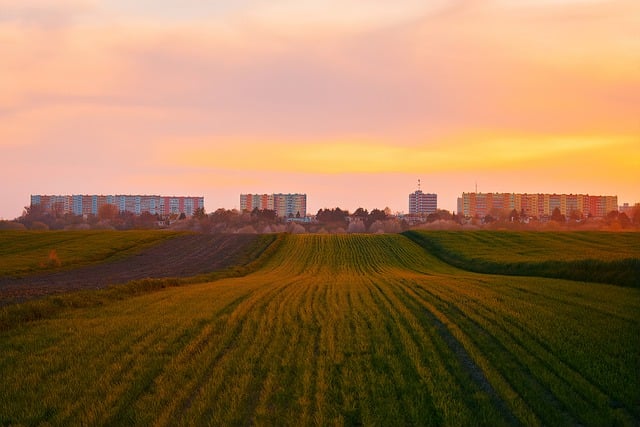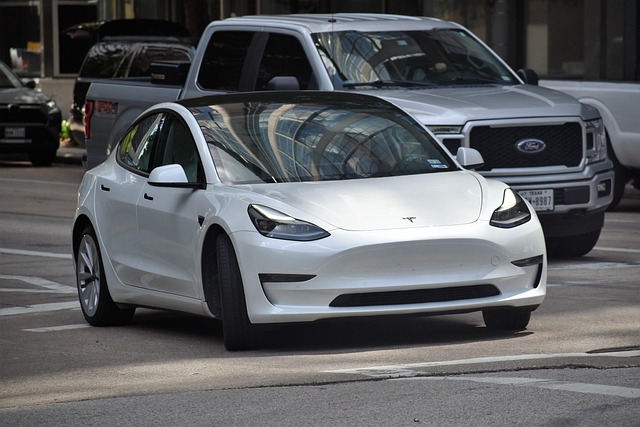Maximizing Efficiency through Urban Agriculture
In today’s rapidly urbanizing world, finding innovative ways to balance growth with environmental responsibility is more crucial than ever. Urban agriculture offers a promising solution that aligns perfectly with the goals of sustainable development. By integrating food production into city landscapes, we not only reduce the ecological footprint of our communities but also introduce efficiencies that can transform urban living.
Reducing Our Ecological Footprint
Traditional agriculture often requires vast expanses of land, extensive water usage, and reliance on fossil fuel-powered machinery. In contrast, urban agriculture leverages unused or underutilized spaces—rooftops, balconies, vacant lots—turning them into productive green areas. This shift significantly lowers transportation needs, cutting down emissions, and minimizing food miles. The result is a smaller ecological footprint for urban dwellers, contributing to a healthier planet.
Embracing Green Technologies
Urban agriculture thrives when combined with cutting-edge green technologies. Hydroponics, aquaponics, and vertical farming systems are revolutionizing how we grow food within confined spaces, maximizing yield while using minimal water and energy. Solar panels and rainwater harvesting integrated into urban farms further enhance efficiency, demonstrating how technology can work hand-in-hand with nature.
Towards a Carbon Neutral Future
One of the biggest challenges in combating climate change is reducing carbon emissions. Urban farms act as carbon sinks, absorbing CO2 and contributing to cleaner air. Moreover, by producing food locally, they reduce the dependence on long supply chains that contribute heavily to greenhouse gas emissions. When combined with renewable energy sources and sustainable practices, urban agriculture becomes a powerful tool in the drive for a carbon neutral future.
Adopting urban agriculture means embracing efficiency not just in resource use, but in lifestyle and community building. It reconnects city dwellers to their food sources and fosters a culture of sustainability that can expand beyond the farm into everyday life.




